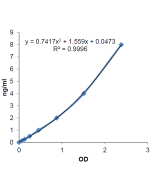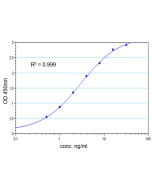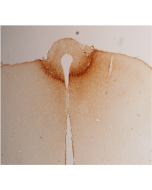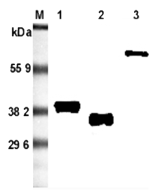Cookie Policy: This site uses cookies to improve your experience. You can find out more about our use of cookies in our Privacy Policy. By continuing to browse this site you agree to our use of cookies.
AdipoGen Life Sciences
Adiponectin (rat) ELISA Kit
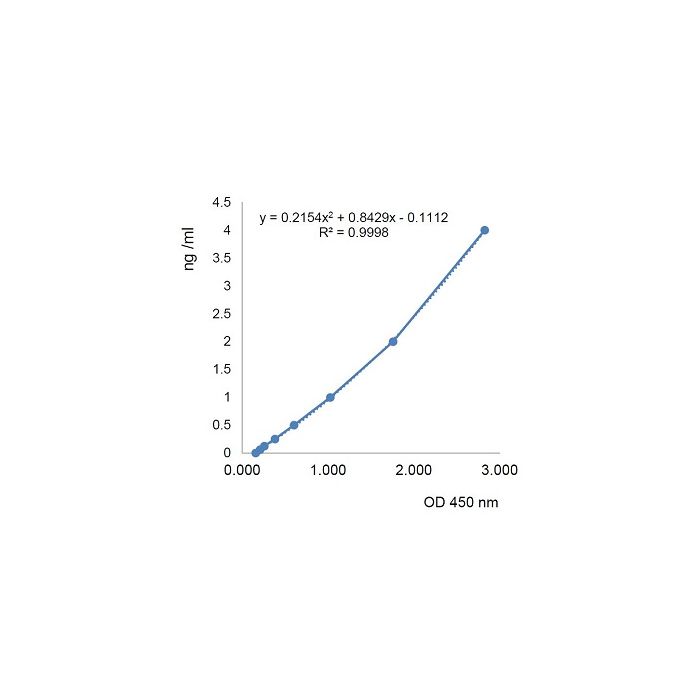
| Product Details | |
|---|---|
| Synonyms | ACRP30; AdipoQ; apM1; GBP28; Adipocyte Complement Related Protein of 30kDa |
| Product Type | Kit |
| Properties | |
| Application Set | Quantitative ELISA |
| Specificity |
Detects rat adiponectin. Does cross-react with mouse adiponectin or human adiponectin. |
| Crossreactivity |
Human Mouse Rat |
| Quantity |
1 x 96 wells |
| Sensitivity | 50pg/ml |
| Range | 0.0625 to 4ng/ml |
| Sample Type |
Cell Culture Supernatant Plasma Serum |
| Assay Type | Sandwich |
| Detection Type | Colorimetric |
| Accession Number | Q8K3R4 |
| Shipping and Handling | |
| Shipping | BLUE ICE |
| Short Term Storage | +4°C |
| Long Term Storage | +4°C |
| Handling Advice |
After standard reconstitution, prepare aliquots and store at -20°C. Avoid freeze/thaw cycles. Plate and reagents should reach room temperature before use. |
| Use/Stability | 12 months after the day of manufacturing. See expiry date on ELISA Kit box. |
| Documents | |
| Manual |
 Download PDF Download PDF |
| MSDS |
 Download PDF Download PDF |
| Product Specification Sheet | |
| Datasheet |
 Download PDF Download PDF |
Adiponectin [ACRP30; AdipoQ] is a promising biomarker of insulin resistance and type 2 diabetes mellitus (T2DM) but also as a potential target for management of the metabolic syndrome. It is a very robust marker that is not prone to degradation or acute inflammatory challenges, is present in relatively high concentrations in the peripheral circulation, and can be collected by a variety of methods. The benefits of using adiponectin assays in clinical settings include, (a) prediction of risk of diabetes and metabolic status and (b) providing a tool to monitor metabolic improvements. Adiponectin exerts anti-atherogenic and anti-inflammatory properties and may be important as a biomarker for obesity-related cardiovascular disease (CVD). New findings showed urinary adiponectin excretion as an independent new biomarker of microvascular and macrovascular damage in T2DM and suggested it as a very promising tool for early cardiovascular disease risk assessment. Adiponectin serum level was also described as a good biomarker of colorectal adenoma, this being related to the positive correlation between obesity and increased risk of cancer at various sites (colorectal, breast, prostate and endometrium).






